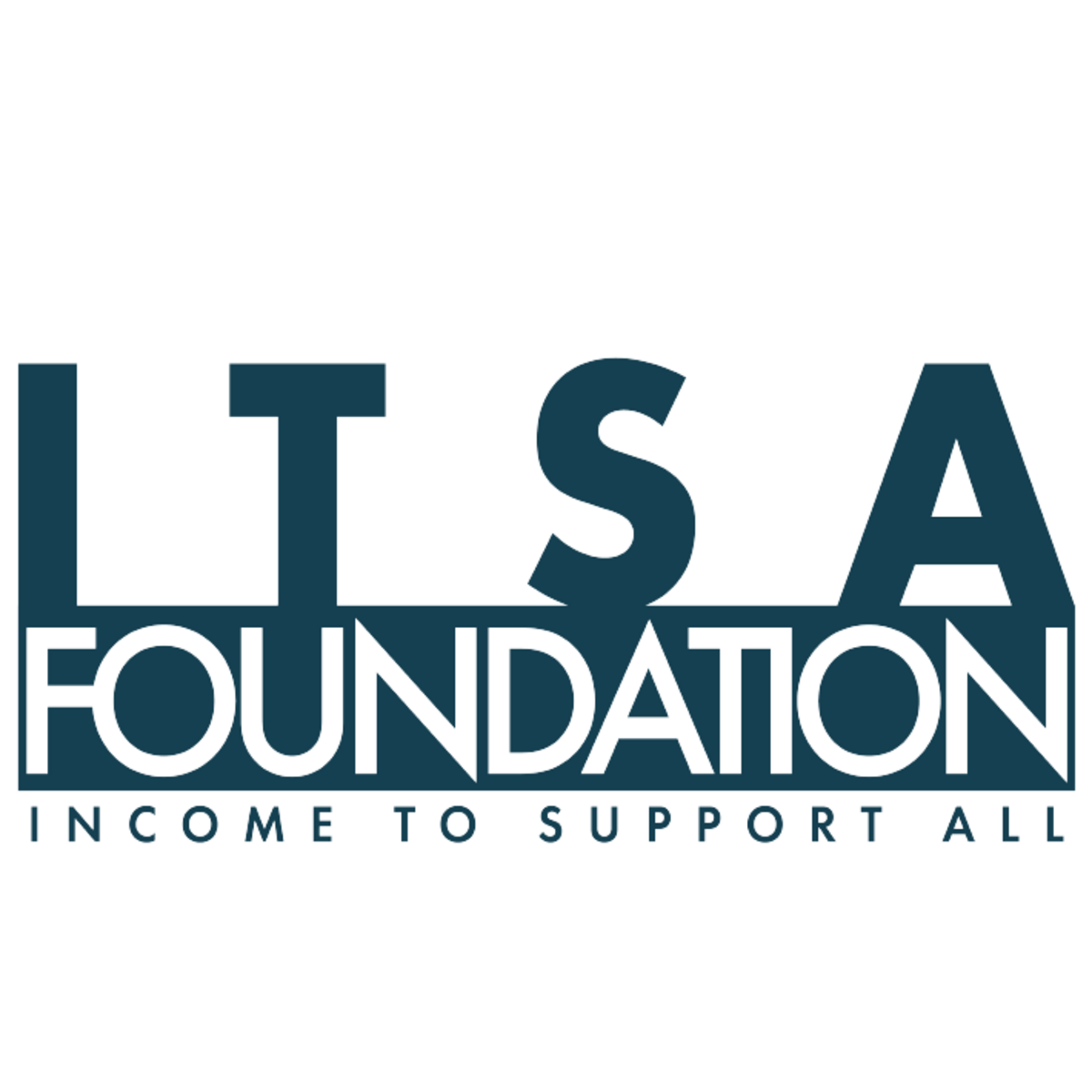The Latest and Biggest Basic Income News:
‣ Thailand announces intention to implement a Negative Income Tax in 2027
‣ Ireland’s BIA Pilot produced €8M more social and economic benefits than it cost
‣ New study of Finland’s basic income pilot shows decreased psychotropic drug use
‣ Studies of Flint’s Rx Kids program shows big impacts on moms’ and kids’ health
‣ Two Nobel laureate economists write in the WSJ that UBI won’t make people lazy
‣ Ithaca pilot focused on unpaid caregivers led to more employment + better health
‣ Alameda $1000/mo 2-yr pilot led to better results than most lower amount pilots
UBI Article of the Month
This is a new section of the newsletter where I’ll highlight the best thing I’ve read in the past month. This isn’t about news, but is instead about well-written longreads/essays about UBI. To start off, I’d like to highlight the interview with Matthew Johnson for Five Books about the best books on Universal Basic Income.
What impressed me so much about this interview were the book choices and how he managed to thread a coherent cross-partisan intellectual lineage from Karl Marx’s focus on material conditions, through Friedrich Hayek’s support of basic income, to Philip Pettit’s republican freedom as non-domination argument and Guy Standing’s “precariat,” with a nod to empirical evidence from pilots. He ends by recommending his own newest book he co-wrote, Basic Income: The Policy That Changes Everything.
I am not in any way insulted by my own book not making this list. Parijs and Widerquist are missing as well who’ve both written fantastic books about UBI. For those who want a very long list of UBI books to read, here also is the list I update annually.
ITSA Foundation News Update:
I’m extremely happy to share that the first episode of the Bootstraps docuseries whose post-production we’ve been funding has just been submitted to Sundance in the hopes of debuting there in January. Having watched the episode myself, I can’t imagine it not being accepted, but I will definitely let you know when we know.
Our plan is for 100+ screening events across the country next year and to accomplish that ambitious goal, we’re going to need your help. Please consider a one-time or monthly donation to help us hit our fundraising goal of $688k for the impact campaign.
DAF Day is coming up on October 9. For those who don’t know, DAF means donor-advised fund. It’s a great alternative way of donating to non-profits like ITSA. If you already have a DAF, consider donating on the 9th, and if you don’t, consider using Daffy. We’re all set up with them, and they even accept crypto and stock donations.
Thailand announces intention to implement a Negative Income Tax in 2027 [link]
If actually implemented in 2027, Thailand would become the first country in the world with a basic income guarantee, almost entirely eliminating poverty
The day after making this announcement, their Prime Minister got sacked for unrelated reasons, leading to a sudden shift in political power
It’s now a huge question mark whether or not they will still adopt a NIT, and it largely depends on the outcome of their next election just months away
Ireland’s BIA Pilot produced €8M more social and economic benefits than it cost [link]
For every €1 of public money invested in the pilot which provided €325 a week to 2,000 artists for 3 years, society received €1.39 in return
Recipients’ arts-related income increased by over €500/mo, while their income from non-arts work decreased by around €280 for a net increase of €220/mo
The net fiscal cost of the BIA pilot went from €105m to under €72m due to tax generated savings and savings from lower social welfare payment spending
The most substantial social gain came from improvements in psychological wellbeing, contributing almost €80 million to total benefits
New study of Finland’s basic income pilot shows decreased psychotropic drug use [link]
Health outcomes from the Finland basic income pilot were objectively measured using data from medical records and prescriptions
Psychotropic drug use decreased by 8% to 11%, with suggestive evidence of fewer outpatient visits due to improved mental health
This experiment that focused on 2,000 unemployed Finns given the same amount of money as the control group but without conditions also increased participants’ average income by 9% to 11%
Studies of Flint’s Rx Kids program shows big impacts on moms’ and kids’ health [link]
Rx Kids is a universal program in Flint, MI providing $1,500 during pregnancy plus $500/mo for a year in unconditional income to all new moms
Infants experienced lower rates of prematurity and low birth weight, which resulted in fewer NICU admissions, saving the city up to $6.2m a year ($10.9m has been distributed since Jan 2024)
No low-income families were evicted after childbirth and postpartum depression levels fell 14%
Key quote: “In every measure of financial stability, of maternal mental health and maternal wellbeing, the mamas that were exposed to Rx Kids had improved outcomes.”
Two Nobel laureate economists write in the WSJ that UBI won’t make people lazy [link]
For the Wall Street Journal, Nobel prize-winning economists Abhijit Banerjee and Esther Duflo recently wrote an essay titled, “A Guaranteed Income Won’t Stop People From Wanting to Work”
They described how real-world programs across low- and middle-income countries find recipients work as much or more, contradicting standard fears
Key quote: “Not only don’t people work less when they are guaranteed an income, they might actually put in more effort at work. And the fact that they have more money to spend leads to the creation of more jobs.”
Ithaca pilot focused on unpaid caregivers led to more employment + better health [link]
The Ithaca Guaranteed Income Pilot launched in 2022 and gave 110 randomly selected caregivers $450/mo for one year
The income floor led to increased financial stability and resilience, better mental and physical health, improved housing security, and higher rates of employment
Recipients increased their rate of full-time, part-time and seasonal employment, and at 12 months, they were significantly more likely to be employed full-time than the control group
Recipients showed meaningful improvements in their sense of mattering and a sustained increase in high levels of hope
Alameda $1000/mo 2-yr pilot led to better results than most lower amount pilots [link]
The Alameda, CA pilot began in 2023 and paid 150 households $1,000 a month for two years
Participants reported significant improvements in financial stability, mental health, and sense of community, with no negative effect on employment compared to the control group
Only 15% of recipients said they were still going into debt compared to 42% of people in the control group
Thank you for being a subscriber to the ITSA Foundation Newsletter! If you find this useful, please share it with your friends and family and encourage them to subscribe too.
Scott Santens
Founder & CEO, ITSA Foundation

